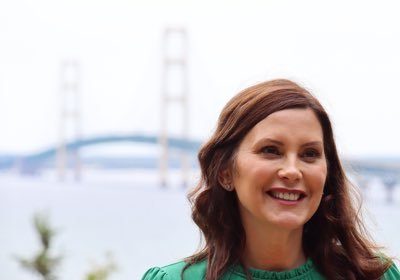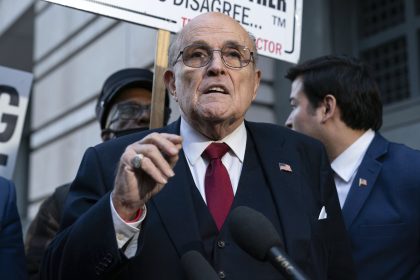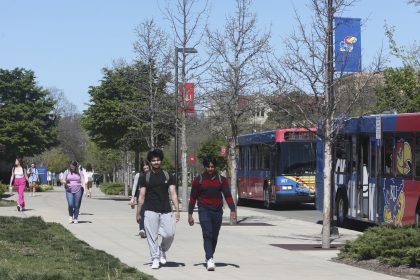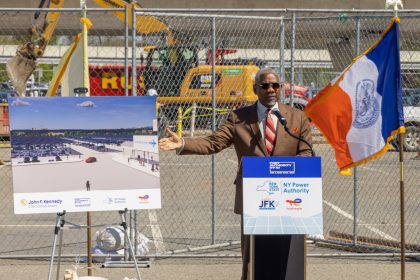California’s Governor Faces Recall In State Overwhelmed with Crises
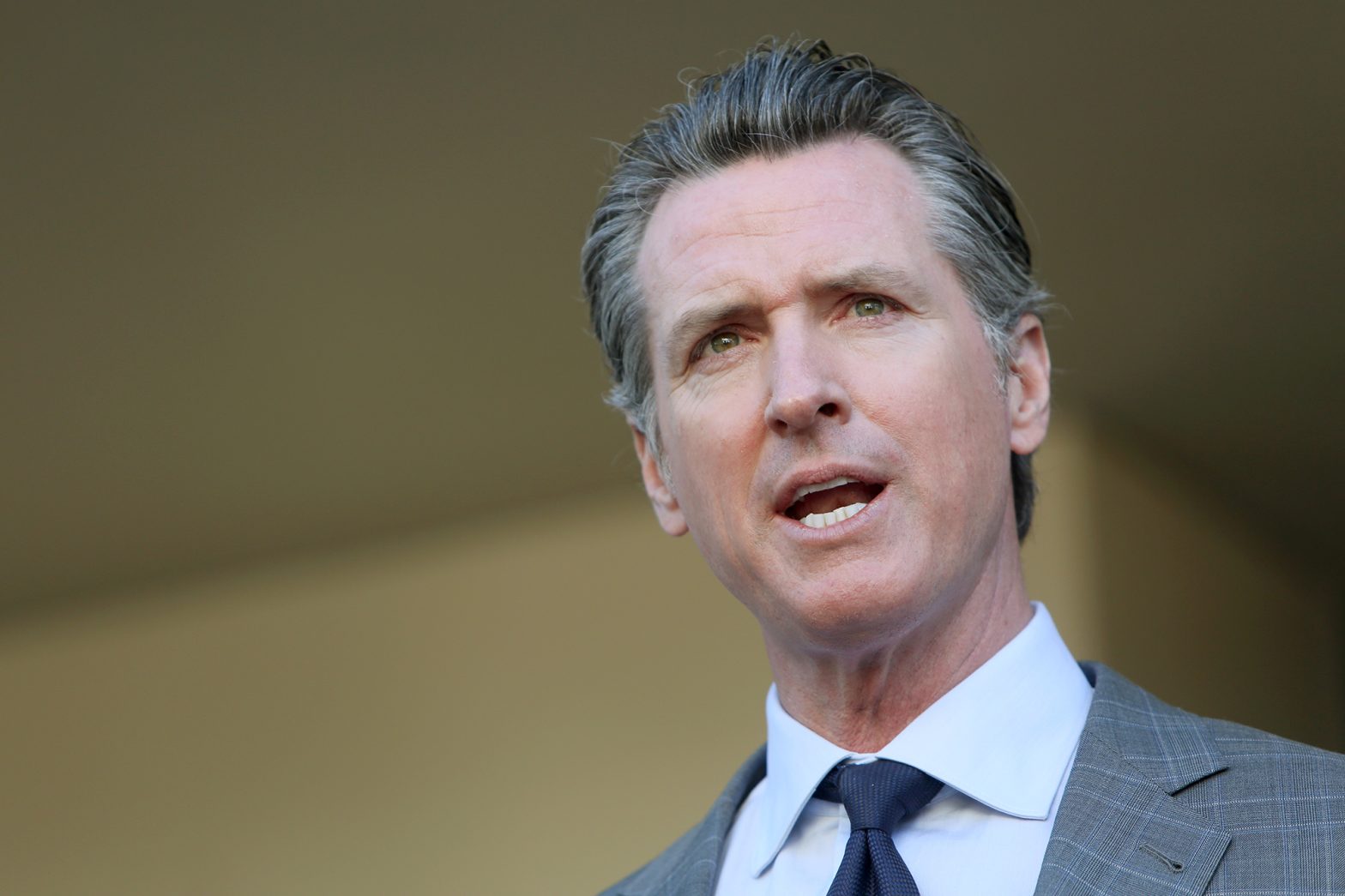
SACRAMENTO, Calif. — Two California voters are suing to block a recall vote against Gov. Gavin Newsom that they say violates the U.S. Constitution.
The planned Sept. 14 vote comes amid a backlash against some Democrats, such as New York Gov. Andrew Cuomo as he is forced from office amid sexual harassment allegations.
In Newsom’s case, a collision of disasters came together to create an administrative boondoggle for the governor.
COVID-19 briefly gave California the nation’s highest pandemic mortality rate. Drought contributed to some of the worst wildfires in the state’s history. Homelessness and illegal immigration soared while Democrats sought to raise taxes to deal with the problems.
Newsom’s critics said the challenges for his administration exposed his mismanagement, which helped them collect 2.1 million signatures supporting a recall that they submitted to the Secretary of State. At least 1.5 million were needed for an election.
If successful, it would be only the second time in California history a governor was recalled. The first was Democratic Gov. Gray Davis in 2003, which allowed Republican Arnold Schwarzenegger to take his place.
This time, the succession plan to a new governor is a primary issue in the recall and the lawsuit that it prompted in federal court.
“This process is violative of the Equal Protection and Due Process Clauses of the Constitution’s 14th Amendment because it flies in the face of the federal legal principle of ‘one person, one vote,’ and gives to voters who vote to recall the governor two votes — one to remove him and one to select a successor,” says the lawsuit. “This is unconstitutional both on its face and as applied.”
Millions of mail-in ballots are being sent to California’s 22 million registered voters. They ask two questions:
Question 1: “Shall Gavin Newsom be recalled (removed) from the office of governor?”
Question 2: The second question asks who should replace Newsom among a list of 46 candidates.
If a majority of voters recall Newsom, the candidate who gets the most votes on the second question will replace him. As a result, the replacement could get elected by approval of only a small percentage of voters.
So far, the leading Republican to replace Newsom has won no more than one quarter of voter support in popular opinion polls, far less than the 62% majority who voted the beleaguered Democrat into office in 2018.
The two voters who sued, Rex Julian Beaber and A.W. Clark said choosing a successor who might win with a small percentage of votes is the same as “debasement or dilution of the weight of a citizen’s vote” that is forbidden under constitutional law.
“The right to vote freely for the candidate of one’s choice is of the essence of a democratic society, and any restrictions on that right strike at the heart of representative government,” says the lawsuit filed in the U.S. District Court for the Central District of California.
The plaintiffs want a court order to block the recall election or to add Newsom’s name to the replacement candidate list.
Proponents of a recall say the procedure for replacement is secondary to their desire to get rid of Newsom. They are led by a group called the California Patriot Coalition, which says on its website that it seeks “a strong and secure constitutional republic governed by honorable men and women of strong moral character.”
Popular support for their movement jumped after Newsom was seen in the upscale French Laundry restaurant in Yountville, California, while his order that closed indoor dining because of the pandemic still was in effect.
Newsom has enough supporters to give him a reasonably good chance of surviving the recall election.
A statewide poll last month showed 47% of possible voters said they would vote to recall Newsom while 50% preferred to keep him as their governor.
In addition, President Biden tweeted a message Aug. 12 to residents of California that said Newsom “is leading California through unprecedented crises — he’s a key partner in fighting the pandemic and helping build our economy back better. To keep him on the job, registered voters should vote no on the recall election by 9/14 and keep California moving forward.”


















